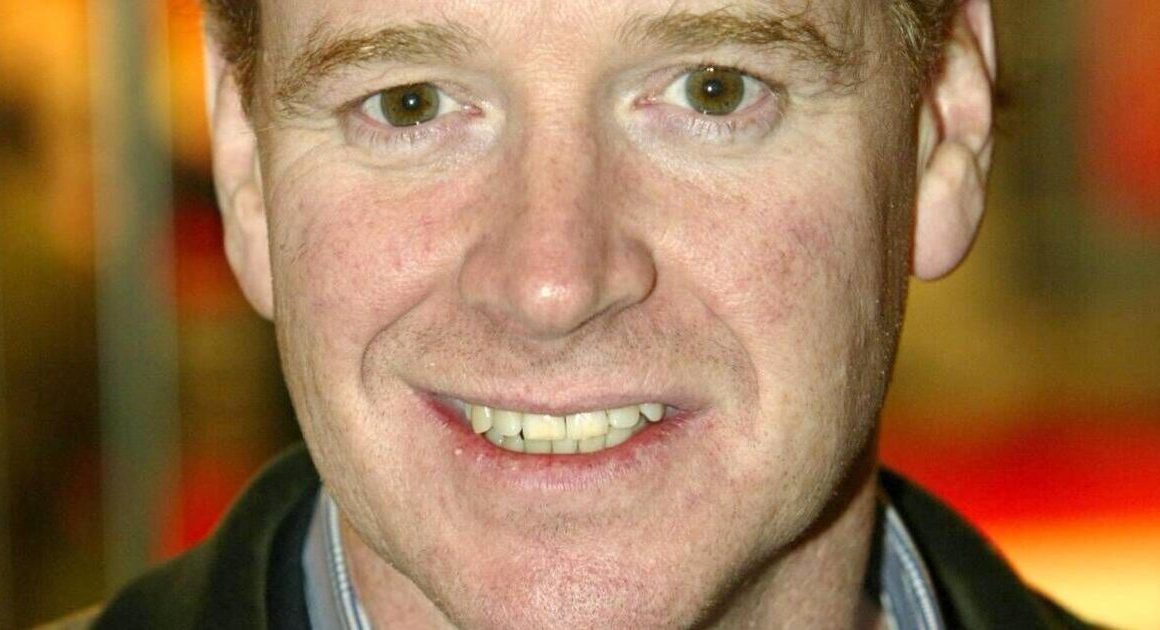Explosions went off in Beirut and multiple parts of Lebanon in an apparent second wave of detonations of electronic devices, Hezbollah officials and state media said Wednesday, reporting walkie-talkies and even solar equipment detonating a day after hundreds of pagers blew up.
At least nine people were killed and 300 were wounded, the Health Ministry said.
Several blasts were heard at the funeral in Beirut for three Hezbollah members and a child killed by exploding pagers the day before, according to Associated Press journalists at the scene. An AP photographer in the southern coastal city of Sidon saw a car and a mobile phone shop damaged after devices exploded inside of them.
A Hezbollah official told the AP that walkie-talkies used by the group exploded. The official spoke on condition of anonymity because he was not authorized to speak to the media.
Warning: Video contains graphic images | Hezbollah is blaming Israel and vowing revenge after several people were killed and thousands more injured when pagers used by Hezbollah members exploded simultaneously across Lebanon.
The new blasts hit a country still thrown into confusion and anger after Tuesday’s pager bombings, which appeared to be a complex Israeli attack targeting Hezbollah members that caused civilian casualties, too.
At least 12 people were killed, including two children, and some 2,800 people wounded as hundreds of pagers used by Hezbollah members began detonating wherever they happened to be — in homes, cars, at grocery stores and in cafes.
In the first wave of bombings, it appeared that small amounts of explosives had been hidden in the thousands of pagers delivered to Hezbollah and remotely detonated. The reports of further electronic devices exploding suggested an even wider presence of boobytraps in Lebanon’s supply chain.
It also deepens concerns over the attacks in which hundreds of blasts went off in public areas, often with many bystanders, with no certainty of who was holding the rigged devices.
The attack, which Israel has not publicly commented on, renewed fears that the simmering conflict between Israel and Hezbollah could escalate into all-out war. Secretary of State Antony Blinken said Wednesday the U.S. is still assessing how the attack could affect efforts to negotiate a ceasefire in the Israel-Hamas war in Gaza.
Israel began moving more troops to its border with Lebanon on Wednesday as a precautionary measure, according to an official with knowledge of the movements who spoke on condition of anonymity because he was not authorized to speak to the media.

Hezbollah and Israeli forces have exchanged fire almost daily since Oct. 8, the day after a deadly Hamas-led assault in southern Israel triggered the war. Since then, hundreds have been killed in the strikes in Lebanon and dozens in Israel, while tens of thousands on each side of the border have been displaced.
Hamas and Hezbollah are allies and both are supported by Iran.
Israeli leaders have issued a series of warnings in recent weeks that they might increase operations against Hezbollah in Lebanon, saying they must put a stop to the exchanges to allow people to return to homes near the border.
Children among those killed, ministry says
The attack in Lebanon started Tuesday afternoon, when pagers in their owners’ hands or pockets started heating up and then exploding — leaving blood-splattered scenes and panicking bystanders.
It appeared that most of those hit were members or linked to members of Hezbollah — whether fighters or civilians — but it was not immediately clear if people with no ties to Hezbollah were also hit.

The Health Ministry said health-care workers and two children were among those killed. In the village of Nadi Sheet in the Bekaa Valley, dozens gathered to mourn the death of one of the children: Fatima Abdullah, 9.
Her mother, wearing black and donning a yellow Hezbollah scarf, wept alongside other women and children as they gathered around the girl’s coffin before her burial.
Hezbollah said in a statement Wednesday morning that it would continue its normal strikes against Israel as part of what it describes as a support front for its ally, Hamas, and Palestinians in Gaza.
“This path is continuous and separate from the difficult reckoning that the criminal enemy must await for its massacre on Tuesday,” it said. “This is another reckoning that will come, God willing.”
At hospitals in Beirut on Wednesday, the chaos of the night before had largely subsided, but relatives of the wounded continued to wait.
Lebanon Health Minister Firas Abiad told journalists during a tour of hospitals Wednesday morning that many of the wounded had severe injuries to the eyes, and others had limbs amputated. Journalists were not allowed to enter hospital rooms or film patients.









